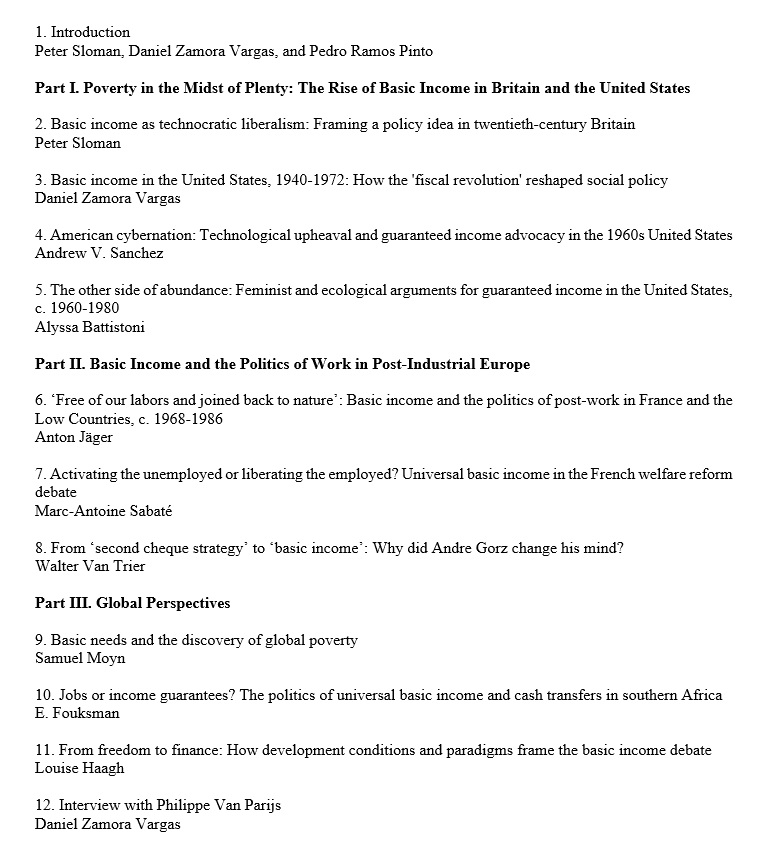
I'm not surprised that the fall of Kabul has been a significant shock to the UK body politic. Since the Falklands War, military effectiveness has been central to a broadly conservative narrative of Britain as a post-imperial state which 'punches above its weight in the world'. /1
Blair gave this a liberal-interventionist twist, and Afghanistan played a key role in that. Compared with Iraq, Afghanistan could be presented as a broadly consensual and broadly successful intervention, at least as far as the UK press and public were concerned. /2
I suspect the military was more central to British (though not Northern Irish) public life in the 2000s than in any decade since the 1960s: wars on the nightly news, tributes at PMQs, and so on. (There'd be a good PhD project in this - unless someone has already written it!) /3
Though it was clear to close observers that the US-backed Afghan government was very fragile, I'd guess that most British citizens chalked up the Afghan war as at least a qualified 'win' in 2001-2. Blair's speeches certainly encouraged that. /4
The Taliban's return to Kabul is now forcing an abrupt reversal of that 'folk' verdict. I've no idea where this leads, but I do think the dominant public narrative of British FP since the 1990s - already battered by Iraq, Libya and Syria - has probably become unsustainable.
I should add that I'm not (by any stretch) a defence or foreign policy specialist, so I'd be very keen to listen to other interpretations...
• • •
Missing some Tweet in this thread? You can try to
force a refresh





